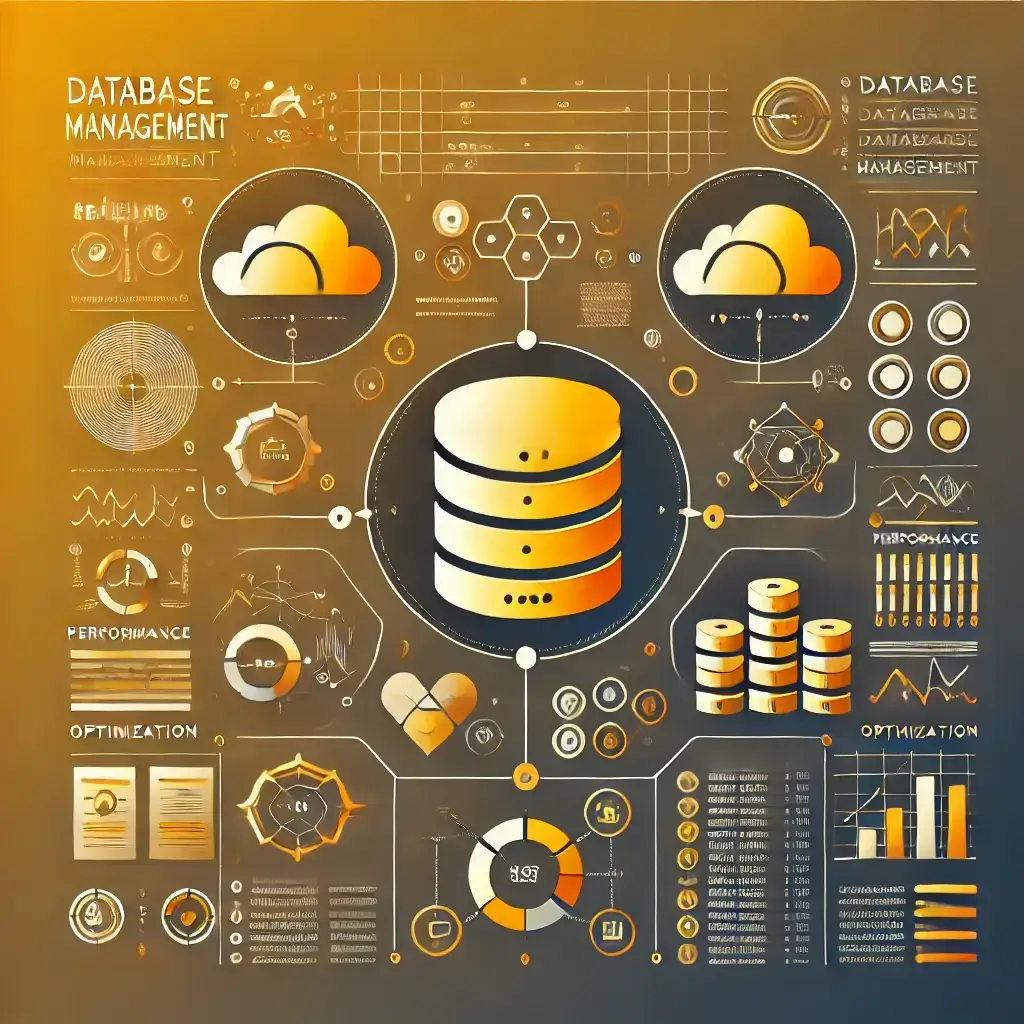There are many types of databases, however the most common are:
1. Relational databases: Data is organized into tables with rows and columns, and relationships between the tables are established through keys.
2. NoSQL databases: Data is not organized into tables, and the relationships between the data are not established through keys. Instead, NoSQL databases use a more flexible structure, like document, key-value, graph and column-family.
Databases are usually managed by a database management system (DBMS), which is a software program that allows users to interact with the database, such as adding, modifying, and retrieving data. Some examples of popular DBMSs are MySQL, Oracle, SQL Server, MongoDB, Cassandra, and PostgreSQL.

A database 2025 remains the backbone of digital systems as an orderly collection of data that can be easily stored, managed, and retrieved. Modern databases have stepped beyond the traditional relational models, which include NoSQL, cloud-native, and AI-powered solutions to have vast volumes of structured unwieldy data. Databases are being increasingly fine-tuned for real-time analytics, flexibility in scaling, and integration with AI development services, so behind every smart decision lies an industry. Enhanced in security and automation, the database is more reliable, adaptive, yet indispensable for powering various applications and businesses worldwide.
Types of database services offered by CnEL.
Why do you need Database Services?
There are several reasons why an organization might need database services:
1. Data Management: Databases provide a way to store and manage large amounts of data in a structured and organized way, making it easy to access, update, and retrieve information.
2. Data Security: Database services provide ways to secure the data stored in the database, such as encryption, access controls, and backup and recovery mechanisms.
3. Data Integrity: Database services ensure the accuracy and consistency of the data stored in the database, through features such as data validation, constraints, and triggers.
4. Performance: Database services can be optimized to improve the performance of the database, such as indexing and partitioning, to ensure that the data can be accessed quickly and efficiently.
5. Scalability: Database services can be scaled to handle large amounts of data and high levels of traffic, allowing the organization to grow and adapt to changing business needs.
6. Integration: Database services can be integrated with other systems, such as web applications, to share and exchange data, which can improve the organization's efficiency and decision-making.
7. Support: Database services provide access to a team of experts who can help with the maintenance, troubleshooting, and support of the database.
Overall, database services help organizations in securely storing, protecting, and managing enormous volumes of data in an efficient and organized manner. Modern databases, therefore, are now into cloud integration and real-time processing so that the business may quickly act upon the new insights. With the best website development company, your databases can be optimized for growth, innovation, and smarter decision-making.
Choose CnEL to manage your database needs.
How small business can grow by using Database Services.
Small businesses can use database services to store, manage and access large amounts of data in a secure, efficient and organized way, which can help them grow in several ways:
1. Automation: Database services can be used to automate and streamline various business processes, such as inventory management, customer relationship management, and e-commerce, which can help to improve efficiency and reduce costs.
2. Data-driven decision making: Database services provide a way to store and analyze large amounts of data, which can help small businesses make better use of their data and improve their decision-making.
3. Customer relationship management: Database services can be used to store and manage customer data, such as contact information, purchase history, and preferences, which can help small businesses create targeted marketing campaigns and improve customer loyalty.
4. Inventory management: Database services can be used to track inventory levels, sales, and other data, which can help small businesses manage their inventory more effectively and make better use of their resources.
5. Scalability: Database services can be scaled to handle large amounts of data and high levels of traffic, which can help small businesses grow and adapt to changing business needs.
6. Data Security: Database services provide ways to secure the data stored in the database, such as encryption, access controls, and backup and recovery mechanisms, which can help small businesses protect their sensitive data and comply with regulatory requirements.
7. Support: Database services provide access to a team of experts who can help with the maintenance, troubleshooting, and support of the database, which can help small businesses to focus on their core business activities.
Overall, using CnEL’s database services enables businesses and organizations to automate and streamline critical processes, maximize the value of their data, enhance decision-making, and drive sustainable growth. As a trusted website development company in USA, CnEL India ensures that database solutions are secure, efficient, and tailored to meet the evolving needs of modern enterprises.